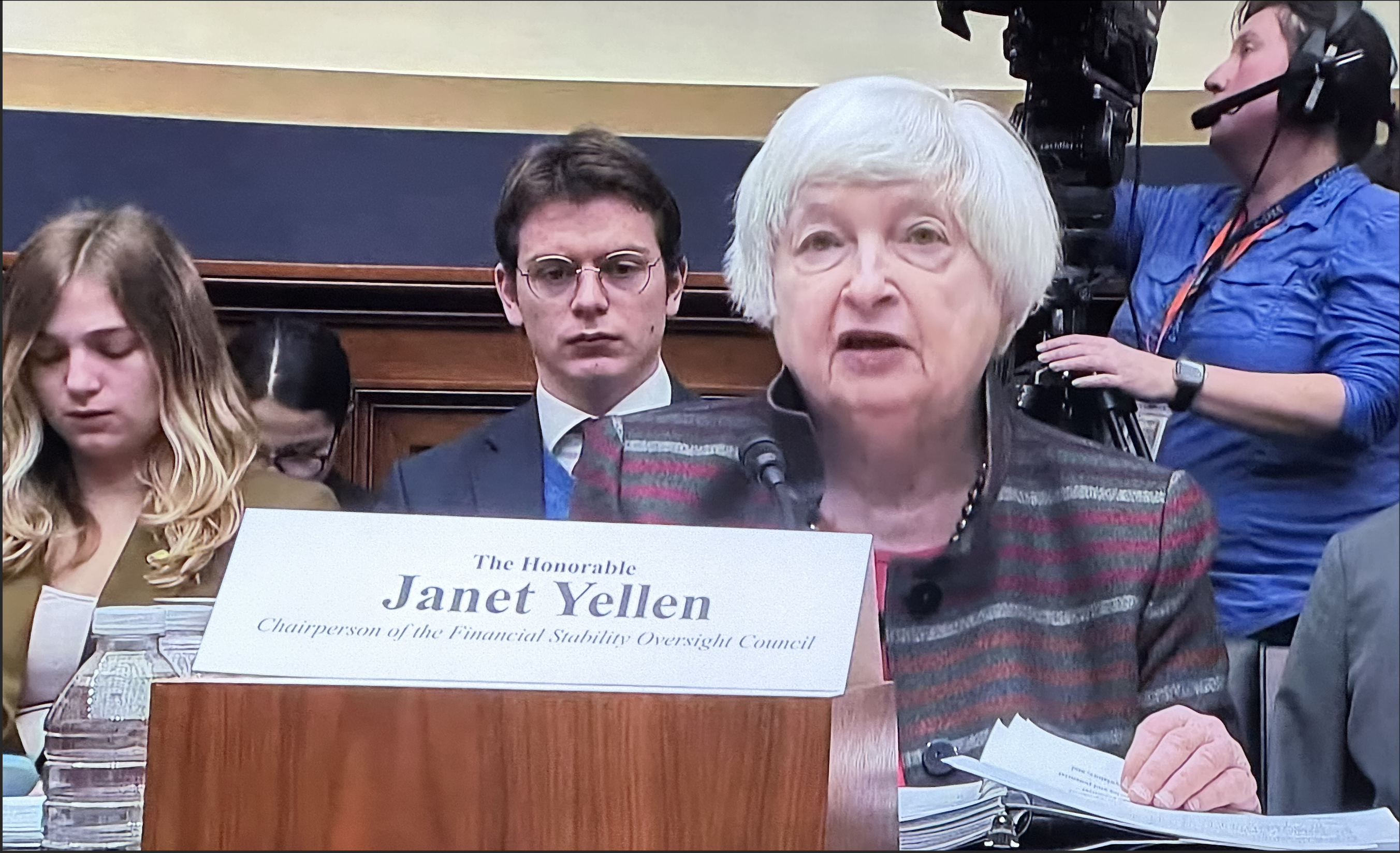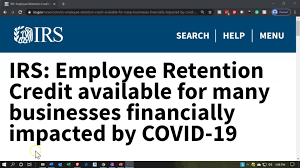Bitcoin: Mad, Bad but not a Fad
 Do Bitcoin and other cryptocurrencies provide opportunities for innovative entrepreneurs to create real value? Bitcoin has proponents and naysayers. What is it really about?
Do Bitcoin and other cryptocurrencies provide opportunities for innovative entrepreneurs to create real value? Bitcoin has proponents and naysayers. What is it really about?
The 18th century philosopher Voltaire, a proponent of the separation of church and state, is known to have said that the Holy Roman Empire was neither Holy, nor Roman nor an empire. We could say the same about Bitcoin as a virtual cryptocurrency.
Cryptology has an important role to play in Bitcoin, but that is not its defining feature. Currency is historically built on the recognition of national boundaries and their associated political constructs. Moreover, the words “crypto” and “fiat” are not opposites.
If Bitcoin is not about cryptology or currency, what is it about? Bitcoin proponents including its enigmatic inventor, Satoshi Nakamoto, struggle to explain it to the uninitiated because no easy comparisons exist. Attempts to explain it in terms of abstract references lead to more questions than answers.
From our perspective as citizens of the technology ecosystem, we want to get past these distracting labels, naysayers and metaphors to focus on how Bitcoin provides opportunities for investors, entrepreneurs and businesses based on its fundamental role as a protocol to exchange economic value.
The novelty of the protocol is that it can potentially reduce transaction costs to near zero. This can destroy businesses built on gatekeeping fees and reward innovators that facilitate the reallocation of value – which can further lead to a fundamental change in the ecosystem of financial transactions with a brand new set of players, partnerships and rivalries.
In order to understand the business opportunities in the age of Bitcoin, it is very useful to understand how the disruptions in the monetary system created business opportunities for entrepreneurs in the past.
Barley bankers
The traders of Mesopotamia in the third millennium BC adopted a monetary system based on barley, lead and other metals as an alternative to bartering of goods. This reduced their dependency on bartering and eliminated the need for what Adam Smith later called “the double coincidence of wants.” This allowed them to do business transactions that were impossible to do before using barley as money.
“Barley bankers,” who loaned traders their barley, charged the equivalent of a transaction fee in the form of 33 percent interest. While this may seem usurious in today’s context, the traders of Mesopotamia were willing to pay this because their next best alternative was to not trade at all.
Gold farmers
Back to modern times, video games such as “World of Warcraft” created a need for “gold farmers,” who play online games and sell their virtual currency for real money to gamers who are willing to pay a market-clearing price for it. Driven by this need, entrepreneurs created an industry to outsource gold farming to developing countries for sale to buyers in first-world countries.
Sales of these virtual goods are estimated to be over $300 million and employ about 150,000 people. While this practice is illegal and discouraged by the video game industry, it illustrates how innovation can be applied in a monetary system to create opportunities for the exchange of economic value between disparate groups of people.
A tale of two protocols
The blockchain protocol of Bitcoin is often compared with the TCP/IP protocol created in the 1970s by DARPA scientists, which eventually became the standard for the Internet. Later in the late 1990s, Visa, MasterCard, American Express and prominent technology companies collaborated to create Secure Electronic Communication (SET) as a standard for securing credit card transactions over the Internet. TCP/IP revolutionized how business is done, but the ecosystem of stakeholders failed to adopt SET.
Despite its technological elegance, the success of blockchain and Bitcoin will be determined by its acceptance in the payment ecosystem and adoption as recognition of economic value.
The opportunities
Bitcoin has created a large number of opportunities and unleashed a wave of technological innovation with more than $300 million in venture capital investment in 2014.
We believe that one of the biggest opportunities for startups can be defined by the economic impact of using Bitcoin to do what was impossible to do before its availability. Here are a few examples.
- Banking for the unbanked consumer. These are solutions that can enable financial services to 2.5 billion people who do not have bank accounts. Like the traders of ancient Mesopotamia, these individuals are not able to participate in the modern economy driven by the cross-border exchange of goods and services due to lack of a robust payment mechanism.
- Regulatory compliance. Bankers and regulators currently have an adversarial relationship. Regulators will be cautious about regulating a new payment mechanism and could slow down its adoption. Solutions that leverage the protocol to facilitate self-regulation are an opportunity for innovation.
- Accounting modernization. The triple-entry accounting system is considered a solution to corporate transparency. The blockchain protocol produces an online transparent record of all Bitcoin transactions. This can be the basis for implementing an effective triple-entry accounting system.
We expect that many more use cases like this will surface as the global ecosystem of buyers and sellers adopt Bitcoin. This ecosystem represents a big opportunity for innovative entrepreneurs to create value.
(Originally published in SandHill.com)
Posts by Tag
- big data (41)
- advanced analytics (36)
- business perspective solutions (30)
- predictive analytics (25)
- business insights (21)
- analytics (16)
- data analytics infrastructure (16)
- regulatory compliance (13)
- fintech (12)
- risk management (12)
- BI (11)
- big data visualization presentation (11)
- machine learning (11)
- quantitative analytics (11)
- regtech (11)
- AML (10)
- social media (10)
- AML/BSA (9)
- Big Data Prescriptions (9)
- analytics as a service (9)
- data scientist (9)
- social media marketing (9)
- banking (8)
- marketing (8)
- banking regulation (7)
- financial risk (7)
- innovation (7)
- money laundering (7)
- Big Data practicioner (6)
- CIO (6)
- community banking (6)
- regulation (6)
- visualization (6)
- AML/BSA/CFT (5)
- AML/BSA/CTF (5)
- KYC (5)
- agile compliance (5)
- data analytics (5)
- data-as-a-service (5)
- email marketing (5)
- industrial big data (5)
- risk manangement (5)
- Hadoop (4)
- MoSoLoCo (4)
- NoSQL (4)
- buying cycle (4)
- instrumentation (4)
- mathematical models (4)
- sales (4)
- 2015 (3)
- AI led digital banking (3)
- Comminity Banks (3)
- Digital ID-Proofing (3)
- bitcoin (3)
- model validation (3)
- wearable computing (3)
- Agile (2)
- FFIEC (2)
- Internet of Things (2)
- IoT (2)
- KPI (2)
- PPP (2)
- Performance Management (2)
- PreReview (2)
- SaaS (2)
- Sales 2.0 (2)
- The Cloud is the Bank (2)
- Wal-Mart (2)
- banking performance (2)
- blockchain (2)
- customer analyitcs (2)
- data sprawl (2)
- digital banking (2)
- digital marketing (2)
- direct marketing (2)
- email conversions (2)
- mobile marketing (2)
- new data types (2)
- risk (2)
- risk managemen (2)
- self-sovereign identity (2)
- virtual currency (2)
- 2014 (1)
- 3D printing (1)
- AI (1)
- Cloud Banking (1)
- DAAS (1)
- Do you Hadoop (1)
- Goldman Sachs (1)
- HealthKit (1)
- Joseph Schumpeter (1)
- NationalPriorites (1)
- PaaS (1)
- Sand Hill IoT 50 (1)
- Spark (1)
- apple healthcare (1)
- bsa (1)
- cancer immunotherapy (1)
- ccpa (1)
- core banking (1)
- currency (1)
- disruptive technologies (1)
- erc (1)
- fraud (1)
- health app (1)
- healthcare analytics (1)
- identity (1)
- manatoko (1)
- modelling (1)
- occam's razor (1)
- paycheck protection (1)
- personal computer (1)
- privacy (1)
- sandbox (1)
- verifiable credential (1)
- zero-knowledge proof (1)
Recent Posts
Popular Posts
In the ever-changing world of global finance,...
The Internal Revenue Service (IRS) is facing a...
In the echoing corridors of Pearson Specter Litt,...



